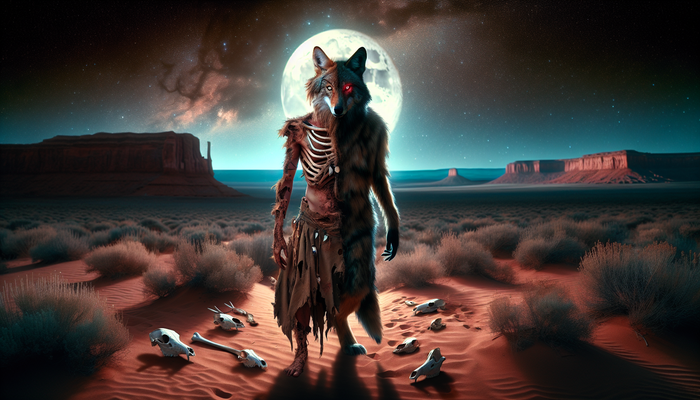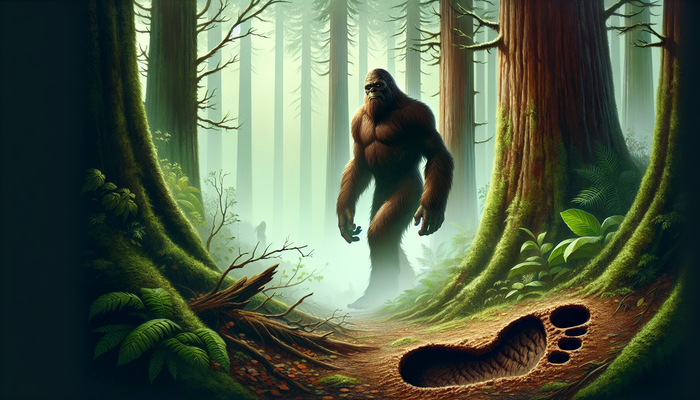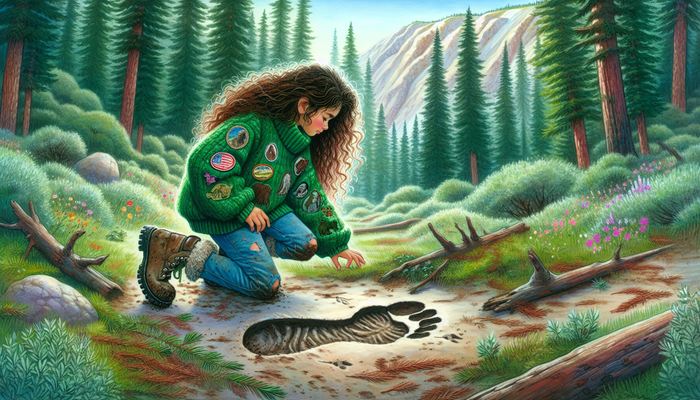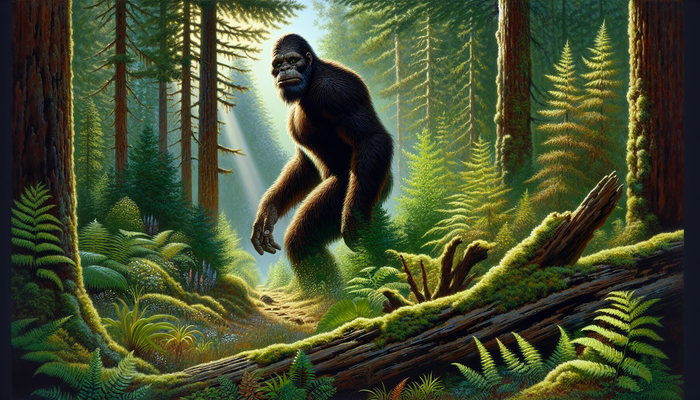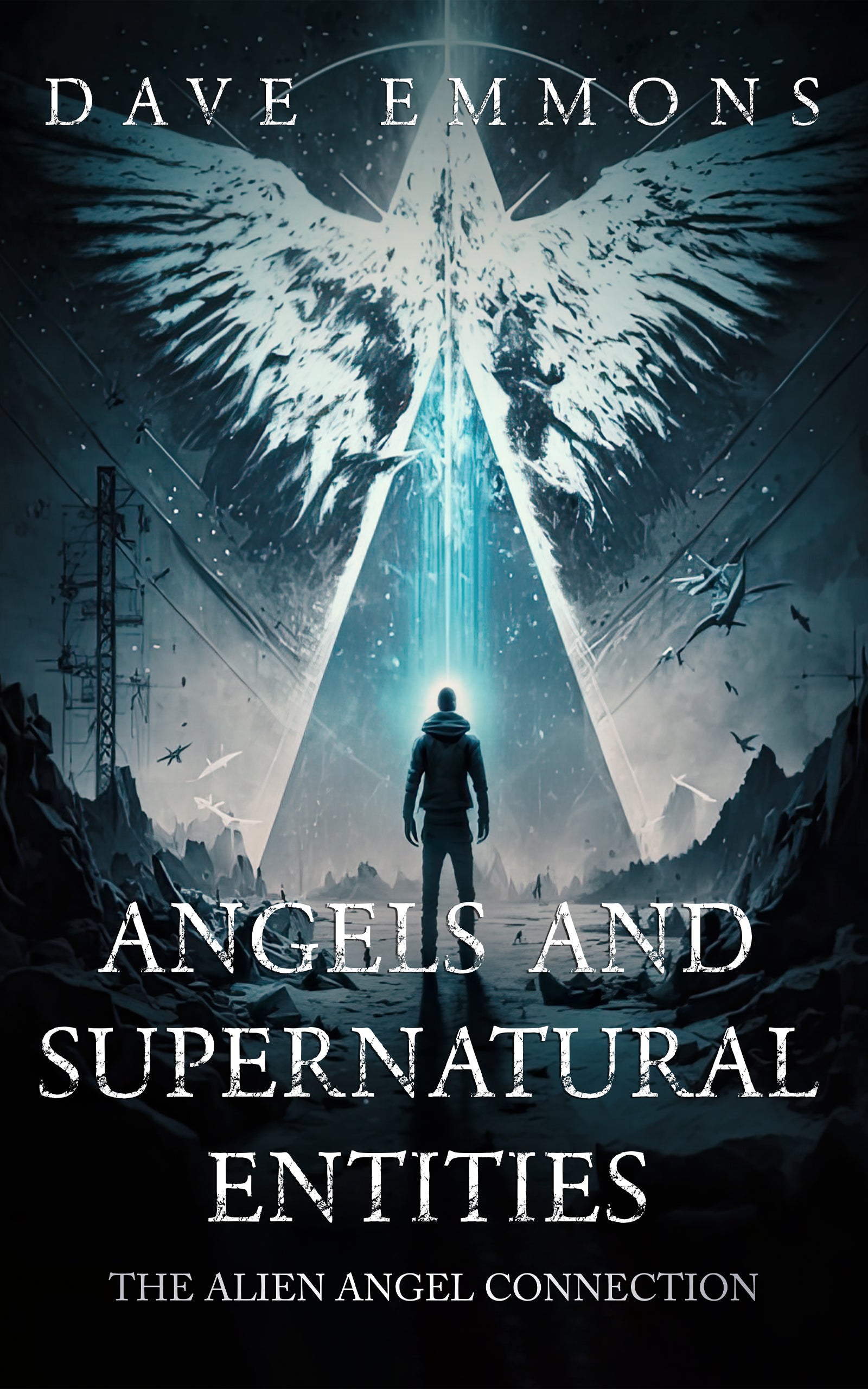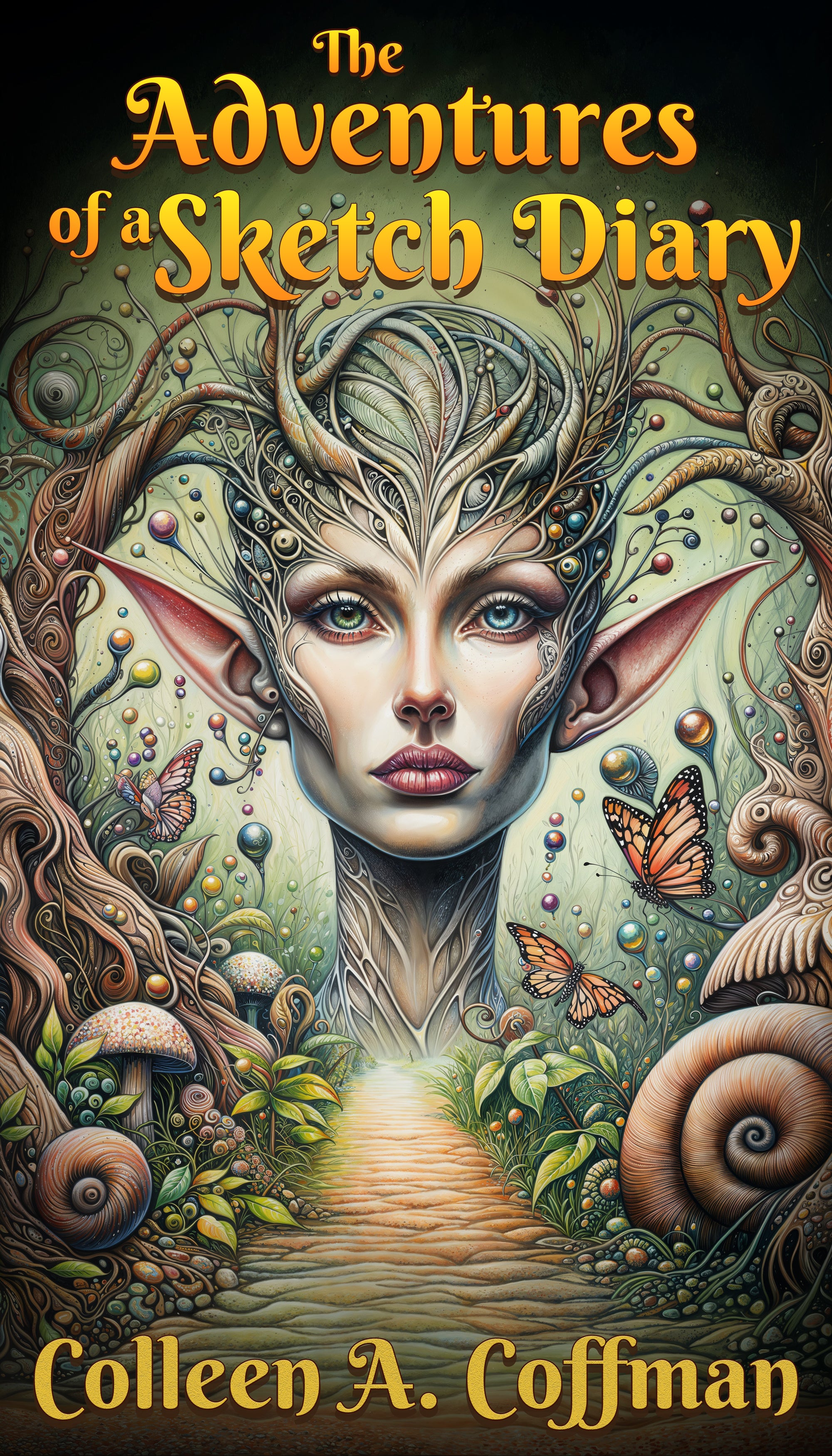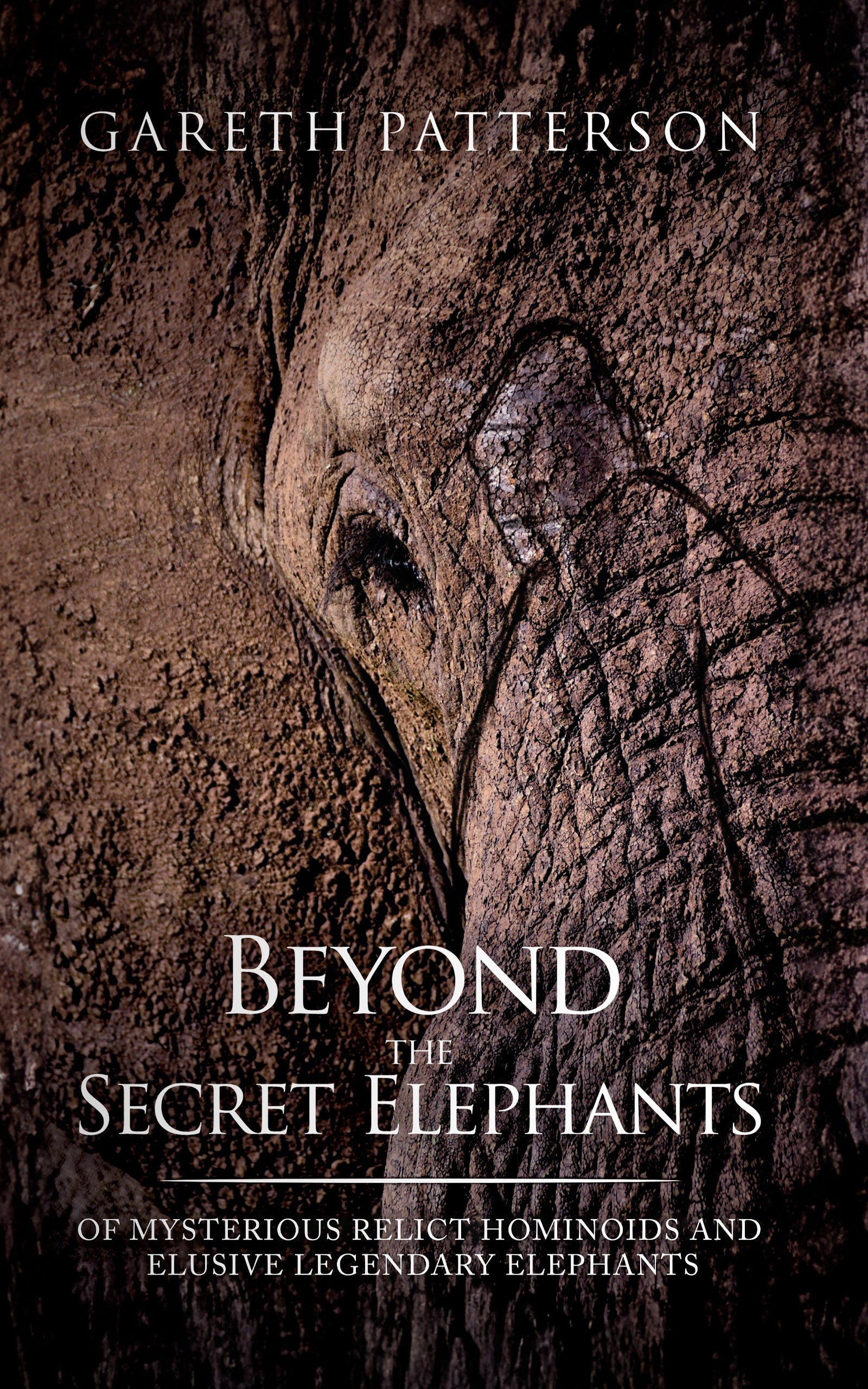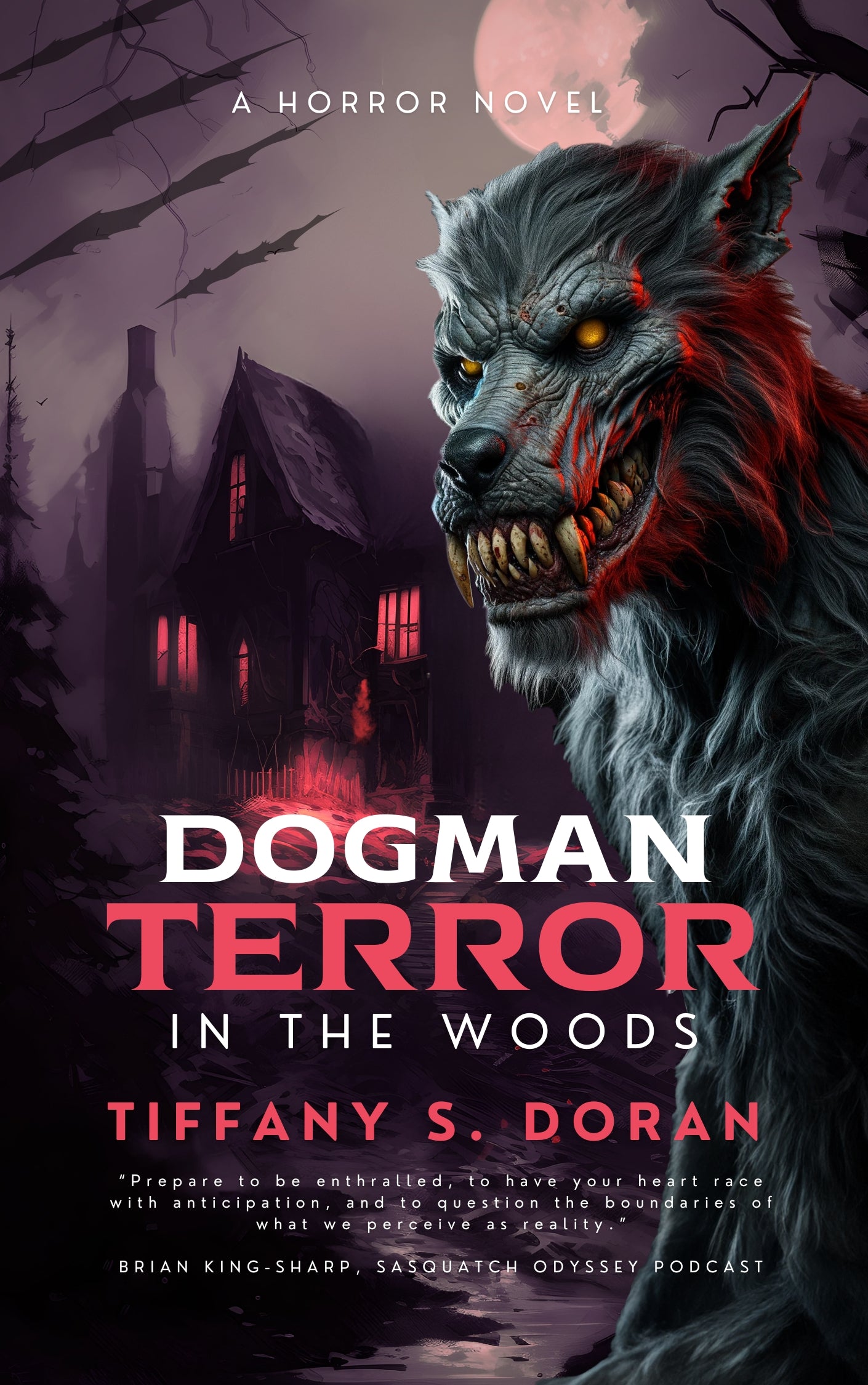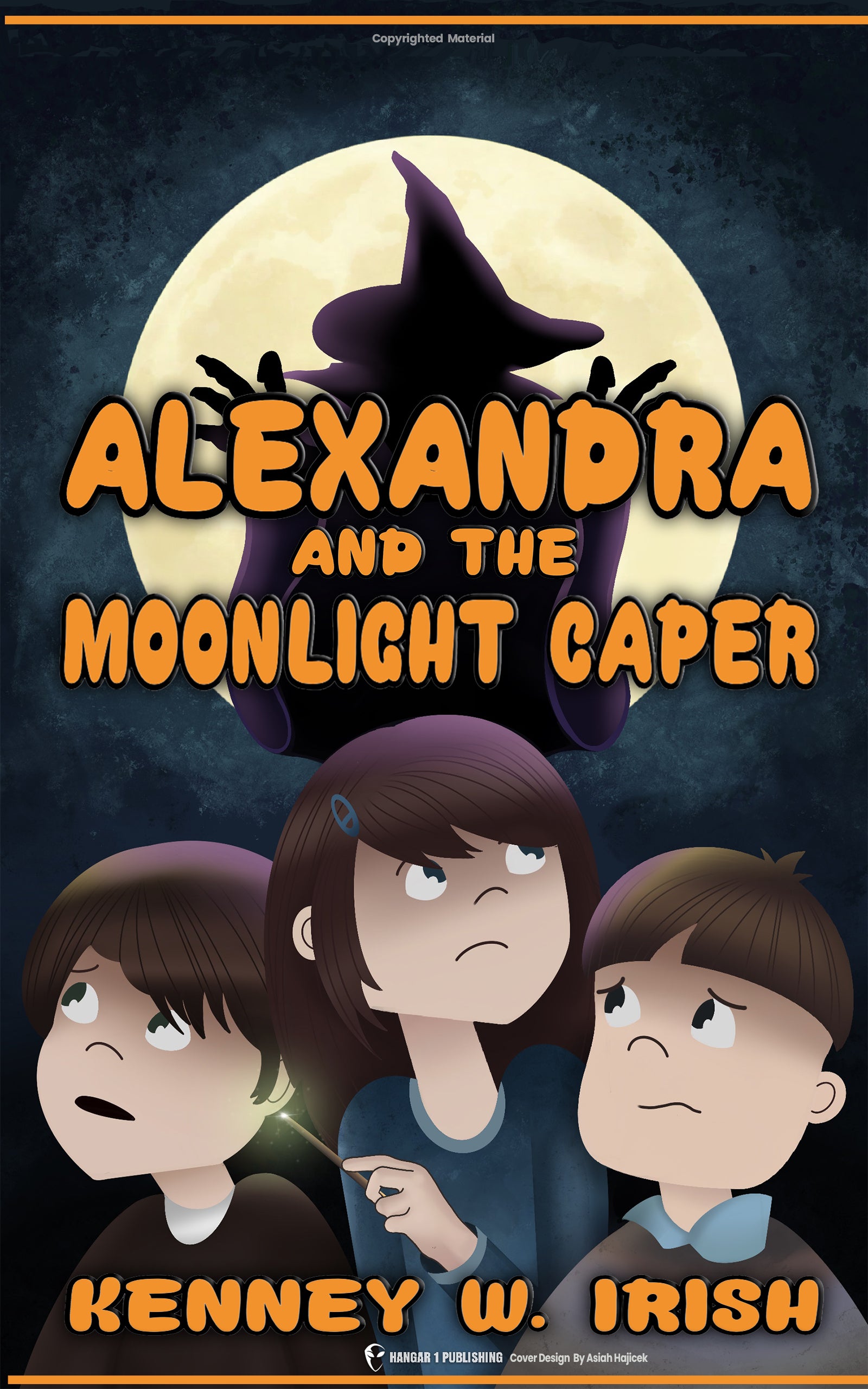The Terrifying Legend of the Pigman Cryptid
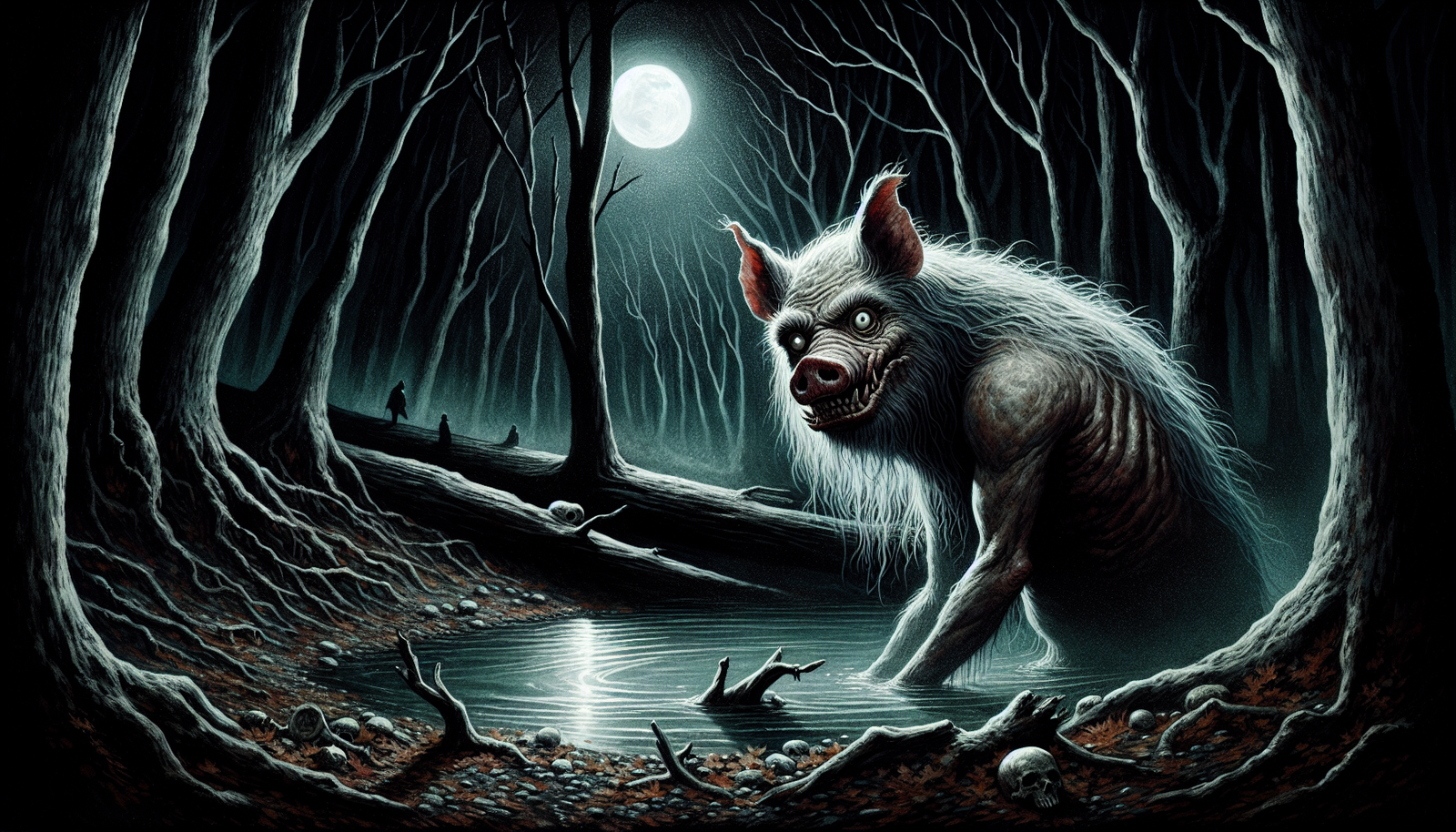
By Anthony Romano, Cryptozoologist
In the shadowy depths of Vermont's forests, a chilling tale has taken root, captivating the imaginations of locals and cryptid enthusiasts alike. This is the story of the Pigman, a grotesque hybrid of man and pig that's said to stalk the woods, leaving terror and mystery in its wake. The legend of the Pigman is more than just a campfire story; it's a complex tapestry of folklore, fear, and the unknown that has woven itself into the very fabric of Northfield, Vermont's cultural identity.
The Origin of the Legend
Picture this: It's Halloween night, 1951. The air is crisp, leaves crunch underfoot, and the veil between our world and the supernatural is at its thinnest. In this setting, 17-year-old Sam Harris sets out with a basket of eggs, ready for some holiday mischief. Little did he know, this night would be his last appearance in the world of the living, and the beginning of a legend that would haunt Vermont for generations.
Sam's disappearance sent shockwaves through the tight-knit community of Northfield. Hundreds of locals combed the woods, searching every nook and cranny for any sign of the missing teenager. But as days turned to weeks, and weeks to months, hope dwindled. Sam Harris had vanished without a trace, as if swallowed by the very earth itself.
In the vacuum left by Sam's disappearance, whispers began to circulate. Some said he'd run away, others feared foul play. But in the corners of local bars and around kitchen tables, a more sinister theory took hold. What if Sam hadn't simply disappeared? What if he'd been transformed?
The idea that Sam Harris had encountered something evil in those woods, something that changed him into a monstrous creature, began to gain traction. People spoke of demonic possession, of dark rituals in the forest, of a beast that was neither fully man nor pig but a horrifying combination of both. And thus, the legend of the Pigman was born.
The 1971 Sighting
For years, the Pigman remained little more than a local boogeyman, a story to keep kids from wandering too far into the woods. But all that changed one fateful night in 1971, two decades after Sam's disappearance. A group of teenagers, out for some illicit fun behind their high school during a dance, came face to face with something that would cement the Pigman's place in Vermont folklore.
These teens, their names lost to history, reported seeing a figure emerge from the treeline. It walked on two legs like a man, but that's where the human similarities ended. The creature was naked, its body covered in coarse white hair. But most horrifying of all was its head – not the face of a man, but the grotesque visage of a pig, its eyes gleaming with an unnatural intelligence.
Panic ensued. The teenagers fled, their screams piercing the night air. When they finally found the courage to tell their story, it spread like wildfire through Northfield and beyond. The Pigman was no longer just a campfire tale – it had been seen, its existence seemingly confirmed by multiple witnesses.
The Aftermath and Ongoing Sightings
In the wake of this sighting, more reports began to surface. Farmers spoke of livestock found mutilated, their entrails removed with almost surgical precision. Drivers on lonely roads claimed to have seen a white-haired figure dart across their headlights, moving with inhuman speed. And always, always, there were the sounds – grunts and squeals echoing through the forest, too loud and too human-like to be mere animals.
The epicenter of these sightings seemed to be an area known locally as the Devil's Washbowl. This natural formation, with its caves and waterfalls, became synonymous with the Pigman legend. It was said that deep in those caves, surrounded by the bones of its victims, the Pigman made its lair.
Description of the Pigman
But what exactly is the Pigman? Descriptions vary, but certain elements remain consistent across sightings:
- Bipedal, standing anywhere from six to seven feet tall
- Human-like body shape, covered in thick, white hair
- Some reports claim patchy hair, revealing pink, pig-like skin underneath
- Head unmistakably porcine – broad snout, small eyes, and large, floppy ears
- Some claim it wears a hollowed-out pig's head as a mask, others insist the features are natural
Behavioral Characteristics
Behaviorally, the Pigman is said to be:
- Aggressive and territorial
- Blamed for disappearances of pets and livestock
- Rumored to have a taste for human flesh
- Surprisingly stealthy for its size
- Capable of blood-curdling screams – a mix of human yells and porcine squeals
Impact on the Community
As the legend grew, so did its impact on the community of Northfield. The Pigman became more than just a monster – it became a part of the town's identity. Parents used the story to warn children about the dangers of wandering too far into the woods. Local artists incorporated the creature into their work, creating everything from disturbing paintings to kitschy tourist trinkets.
The legend even spawned its own traditions. Every Halloween, brave (or foolish) teenagers would dare each other to spend the night in the Devil's Washbowl, hoping to catch a glimpse of the infamous Pigman. Most returned with nothing more than a chill and a good story, but every so often, someone would come back wide-eyed and trembling, swearing they'd seen or heard something unexplainable.
Similar Legends in Other Regions
The Pigman of Denton, Texas
In Denton, Texas, there's a tale of a creature known as the Pigman of Bonnie Brae Bridge. This version of the legend is tied to the area's criminal history. According to local lore, the Denton Pigman was once a man who ran afoul of a notorious gang known as the "Cowboy Mafia." As punishment for informing on their activities, the gang allegedly mutilated the man, cutting off his nose and carving his face to resemble a pig's snout. Unable to show his face in society, the man retreated to the area around Bonnie Brae Bridge, where he's said to harass passing cars and terrify local teens looking for a secluded make-out spot.
The Cannock Chase Pigman
Across the Atlantic, in the Cannock Chase area of England, there's yet another Pigman legend. This one has its roots in the dark days of World War II. The story goes that secret government experiments were conducted in the area, attempting to create human-animal hybrids for military purposes. One such experiment allegedly resulted in a half-man, half-pig creature that escaped into the surrounding forest.
The Cannock Chase Pigman is described similarly to its American counterparts – a tall, humanoid figure with the head of a pig. Sightings of the creature have persisted for decades, with some witnesses claiming to have seen it as recently as the early 2000s.
Theories and Explanations
Over the years, various theories have been put forward to explain the Pigman phenomenon:
Urban Legend
The most straightforward explanation is that the Pigman is simply an urban legend, a cautionary tale that's grown in the telling. The story of a monster in the woods is as old as human civilization itself, serving as a way to keep children close to home and warn against the dangers of the wilderness.
Psychological Manifestation
Some take a more psychological approach, viewing the Pigman as a manifestation of societal anxieties. The hybrid nature of the creature could represent fears about the loss of humanity in an increasingly technological world. Its pig-like features might symbolize concerns about greed or gluttony in consumer culture.
Unknown Species
Some cryptozoologists have suggested that the creature could be an unknown species of primate, perhaps a surviving population of prehistoric hominids.
Genetic Experiments
Others point to the possibility of genetic experiments gone wrong, drawing parallels to real-world cases of animal-human hybrid research.
Feral Humans
One intriguing theory ties the Pigman legend to the phenomenon of feral humans. There have been documented cases of individuals, often children, who have lived in the wild for extended periods, sometimes taking on animal-like behaviors.
Government Conspiracy
Conspiracy theorists see something more sinister at work, suggesting that secret government experiments might have created such creatures.
The Pigman in the Digital Age
In the age of the internet, the Pigman has found new life in online forums and social media. Alleged sightings are shared and debated, with grainy photos and shaky videos analyzed endlessly for any sign of the elusive creature.
The digital age has also given rise to new forms of Pigman-related entertainment:
- Podcasts dedicated to discussing the legend
- YouTube channels conducting "investigations" into Pigman sightings
- Indie horror games featuring Pigman-like creatures as antagonists
Conclusion
Whether seen as a literal creature, a psychological symbol, or simply a good scary story, the Pigman continues to capture our imagination. It reminds us that even in our modern, rational world, there are still mysteries out there, still dark corners of the forest where anything might be lurking.
For the people of Northfield, Vermont, the Pigman is more than just a legend – it's a part of their heritage. It's a story that's been passed down through generations, a shared cultural touchstone that binds the community together.
So the next time you find yourself in the forests of Vermont, or crossing a lonely bridge in Texas, or hiking through the woods of Cannock Chase, keep your eyes open and your ears tuned. That rustle in the bushes? That strange grunt carried on the wind? It might just be your imagination. Or it might be something else entirely. After all, in the realm of cryptids and creatures, anything is possible. The Pigman legend reminds us that sometimes, the line between myth and reality is thinner than we'd like to believe.
From Bigfoot to UFOs: Hangar 1 Publishing Has You Covered!
Explore Untold Stories: Venture into the world of UFOs, cryptids, Bigfoot, and beyond. Every story is a journey into the extraordinary.
Immersive Book Technology: Experience real videos, sights, and sounds within our books. Its not just reading; its an adventure.


